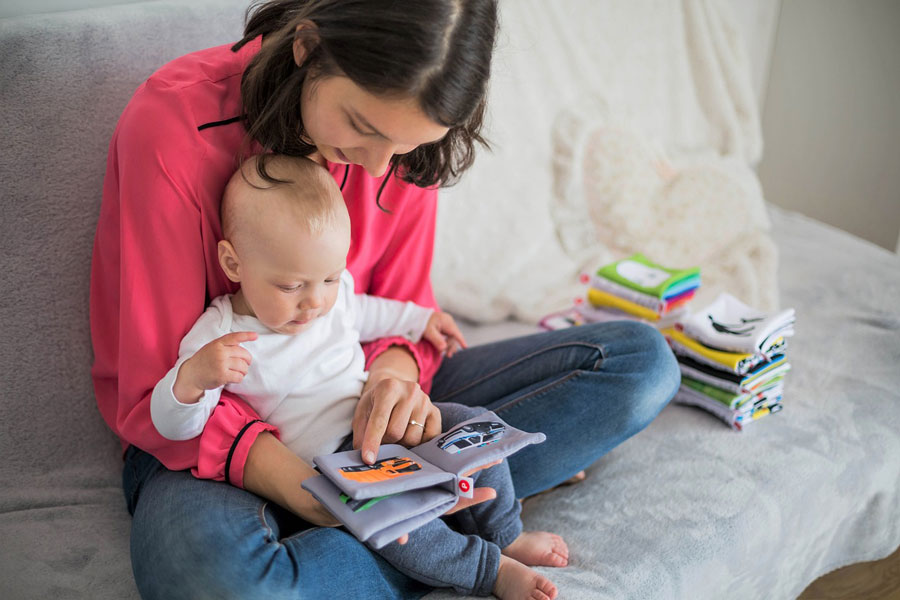WELLINGTON COUNTY – There are no public foster homes currently available for babies in Guelph and Wellington County.
That’s according to Family and Children’s Services of Guelph and Wellington County (FCSGW) foster care manager Susan Lapper.
The agency put out an appeal on social media last week expressing its “urgent need of foster homes that can take babies.”
Lapper said there are about 35 public foster homes in Guelph and Wellington County, and most of those are for young children – not teenagers or babies.
She said the public foster care system, Children’s Aid, depended on the private system to find homes for teenagers for a while.
But this is the first time FCSGW has needed to call the private system to find homes for babies.
That’s an issue, Lapper said, because most private foster homes are not in Wellington County or Guelph.
This means the children often end up outside their local communities and away from their families.
Foster children typically have regular visits with family, and Lapper said it’s not good for babies when they have to take long car rides in order to attend these visits.
Leaving the local area also often means changing day cares and health care providers, which is not ideal.
“We try to minimize change as much as possible,” Lapper said, and this is more easily done when children are fostered by local families within their communities.
She explained the number of children in need of foster care is increasing, while the number of foster families has dropped significantly in recent years.
This is in part due to COVID-19, as FCSGW assessed far fewer foster families during the early days of the pandemic, Lapper noted.
And the issue is not just a local one, Lapper said, “it’s really a provincial – or North American issue. People are just not fostering as much anymore.”
She added, “a lot of people don’t know there is still a need for foster homes.”
Foster parents
She said there are also misconceptions about who can foster – for example, people who work full-time may think they cannot foster because they would need day care. But that is not a problem – many foster children attend day care while foster parents work.
Prospective foster parents do need to be willing and able to commit their time and energy to parenting foster children. They need to be at least 18 years old and have a bedroom for the child to sleep in – though this room can be shared with another child.
Foster parents can already be parents or not. They can be single, married or in common-law relationships.
FCSGW encourages families from different diversities, including Black, Indigenous, and 2SLGBTQIA+ communities to become foster parents so children can be matched with families that share their culture.
When cultural matches are not possible, diverse children are connected with their communities “because identity is very important,” Lapper said.
Intake process
Becoming a foster parent is not immediate – it takes about a year for most applicants to complete the intake and training.
The process involves interviews with FCSGW workers, about 30 hours of online training, First Aid and Infant CPR training, criminal record checks, and health assessments.
Lapper said training topics include diversity, trauma attachment, and general parenting – and training continues after approval.
To begin the intake process applicants can call FCSGW at 519-824-2410 and ask for a foster care inquiry worker or email fosterandadopt@fcsgw.org and register for an information session.
Foster parenting
Lapper said foster parent responsibilities are primarily day-to-day parenting over a temporary period. This includes school and medical involvement and driving children to visits with family.
Foster parents are supported with a daily financial rate to go towards the child’s care, and are matched with a FCSGW worker who helps with any issues that arise.
There are also monthly support groups and occasional activities for foster parents to attend, such as skating and barbecues.
Foster parents “do it for the kids,” Lapper said, “and “feel so amazed to see the children change and grow while they are in their care.”
And she said when foster children return back to their families, foster parents find it “such a joy to see.”
For more information about fostering, visit fcsgw.org/foster-2.




